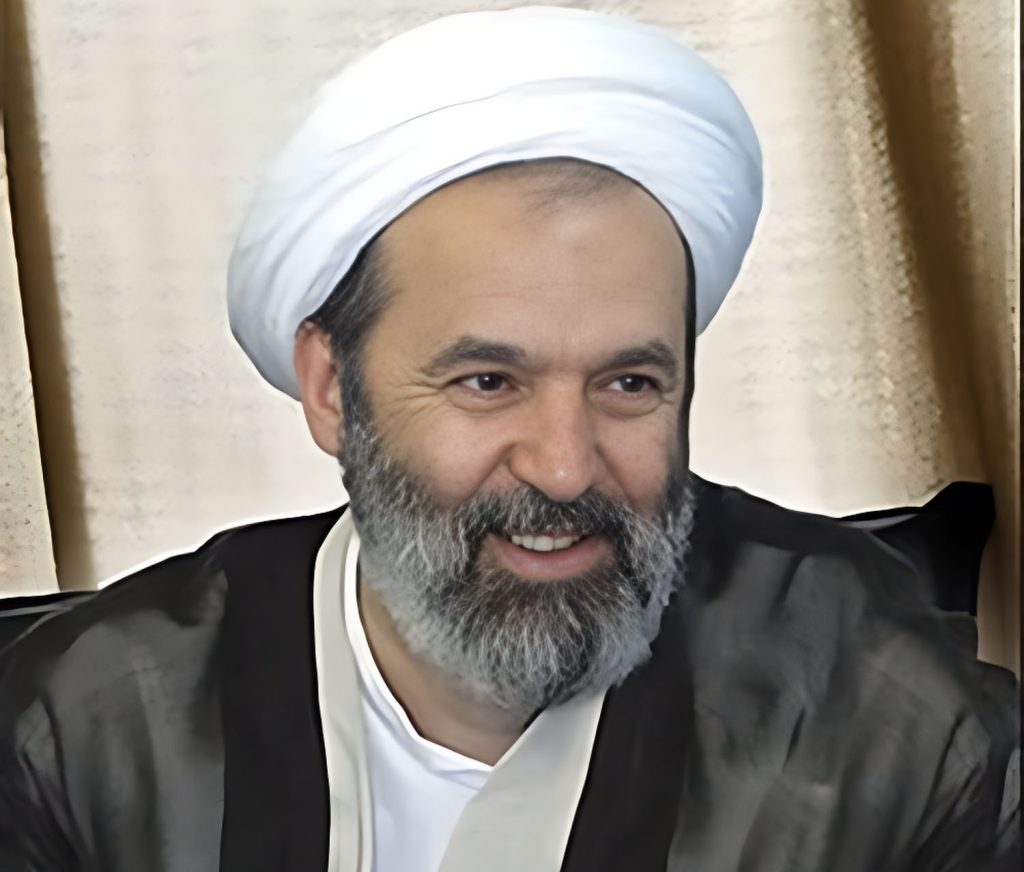Course Overview
Course Subject: Economic System of Islam
Instructor: Shaykh ʿAlī ʿAndalībī
Day and Time: Tuesdays and Wednesdays, 7-8 a.m.
Location: 27th Class, Imām Kāẓim Seminary, Muʿallim Square, Qom, Iran
Course in Social Media: https://eitaa.com/fiqhci
About the Course
The economic system of Islam consists of three main elements:
-
- The Islamic economic worldview that forms the basics of the Islamic economics.
- The economic school of Islam, which is a systematic explanation of the relations between the economic elements of society – capital, work, labour, means of production. Or in more comprehensive terms: Islam’s comprehensive plan for regulating the main economic activities of society, i.e.: distribution of primary sources of wealth, production, distribution after production, exchange, services and consumption, in order to achieve the desired goals of Islam.
- Islamic economics, which has two parts:
- A- Descriptive explanation of the laws governing the economic relations of the society with the Islamic economic system.
- B- A set of descriptive issues explained in Islamic sources that are related to the laws governing the behaviours and economic relations of human society.

According to the Shaykh ʿAlī ʿAndalībī’s explanations in the introductory sessions of his advanced course on the economic system of Islam, this issue can be explained in two ways: one is to explain different economic systems and the Islamic point of view about them, and the other is to basically explain the economic system of Islam. The approach of this course is the second method. Based on this, two fundamental questions must be answered: does Islam seek to explain a comprehensive economic system or not, and if the answer is positive, what are the characteristics of this economic system?
According to him, this jurisprudential issue is very new and has not been discussed much in jurisprudential sources. What has been the focus of Shiʿa jurists during the past centuries is mainly the jurisprudence of contracts (fiqh al-ʿuqūd) and not the jurisprudence of the economic system of Islam. On the other hand, the narrations related to the economic system of Islam are also few in comparison to the ones related to other jurisprudential subjects, and here, too, the majority of the narrations are related to contracts, and this fact is one of the difficulties in explaining the subject of the Islamic economic system.
On the other hand, the practical style (sīra) of the Imāms (a) does not help much in this matter, because firstly, the reign of the Imāms (a) is limited to a few years of Imām ʿAlī’s rule and a few months of Imām Ḥasan’s rule, secondly, their style has not been narrated completely, thirdly, the main activities of these two Imāms (a) were limited to civil wars, and fourthly, the complexities of the modern economic system and the multiplicity of tasks and economic functions of the Islamic government at the present time cannot be compared to the simple system of the early Islam.

Some of the questions that will be answered in this course are, has Islam provided an economic system, and is Islam’s view on this issue minimal or maximal? What are the goals and pillars of the economic system of Islam? What are the roles, duties and powers of the Islamic government in this system? What are the financial resources of the Islamic government and how are they spent? Does the Islamic government have the right to make economic policies and monitor their implementation? Does the Islamic government have the right to directly seize people’s property to regulate economic affairs or not?
About the Instructor

Shaykh ʿAlī ʿAndalībī is one the contemporary Shiʿa scholars of jurisprudence and principles of jurisprudence. He has cooperated academically with Research Institute of Ḥawzah and University, the Ahl al-Bayt World Assembly, and the Consultative Jurisprudential Assembly of the Guardian Council, and has been teaching advanced courses of jurisprudence and principles of jurisprudence for more than two decades in various schools including Shahīdayn School and Baqiyyat Allah Institute. He started his advanced course on stock exchange in 2019. His views and discussions on this course were published in the book Fiqh-i Būrs va Awrāq-i Bahādār in 2021 by the Islamic Seminary of Qom Publication in 431 pages.
